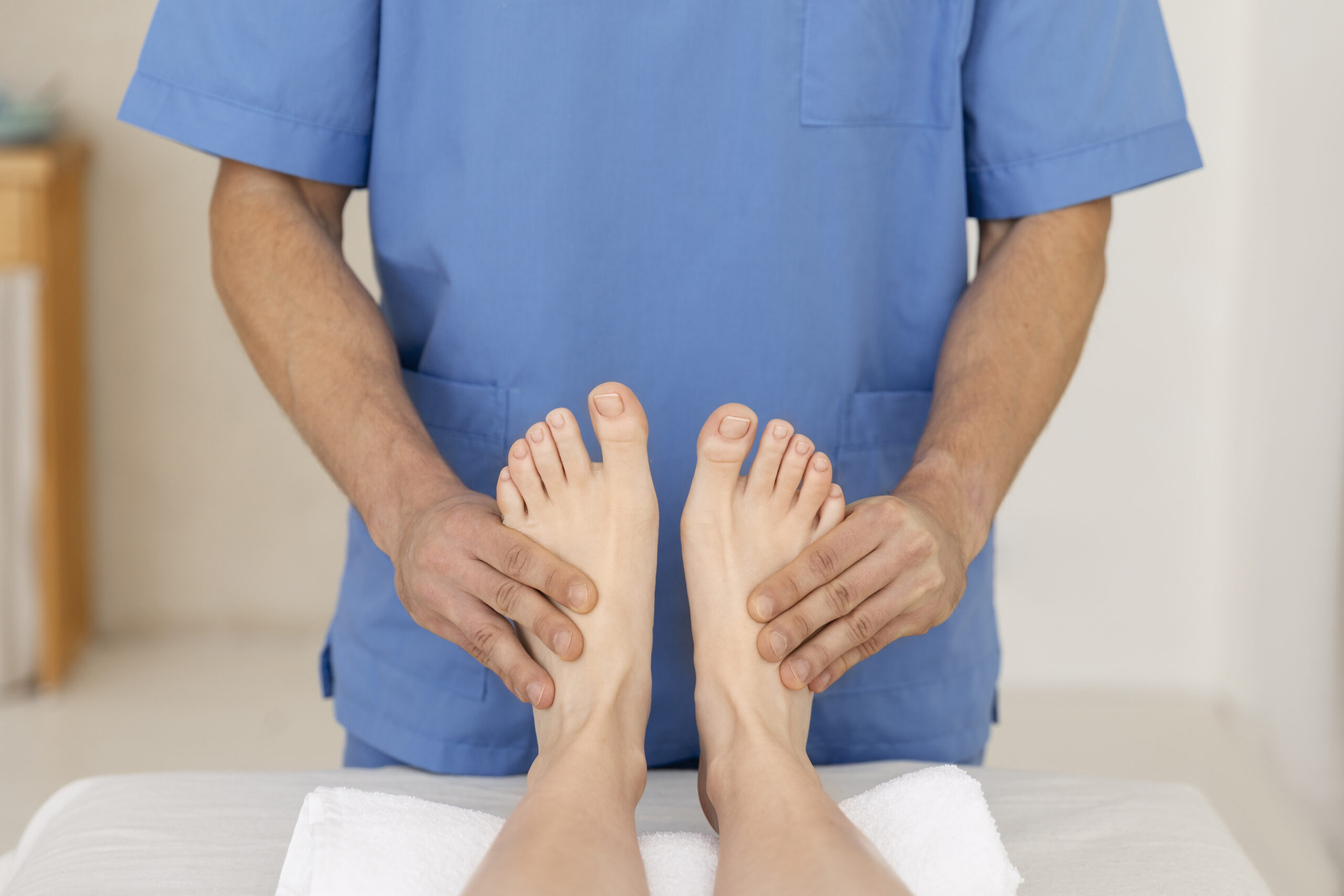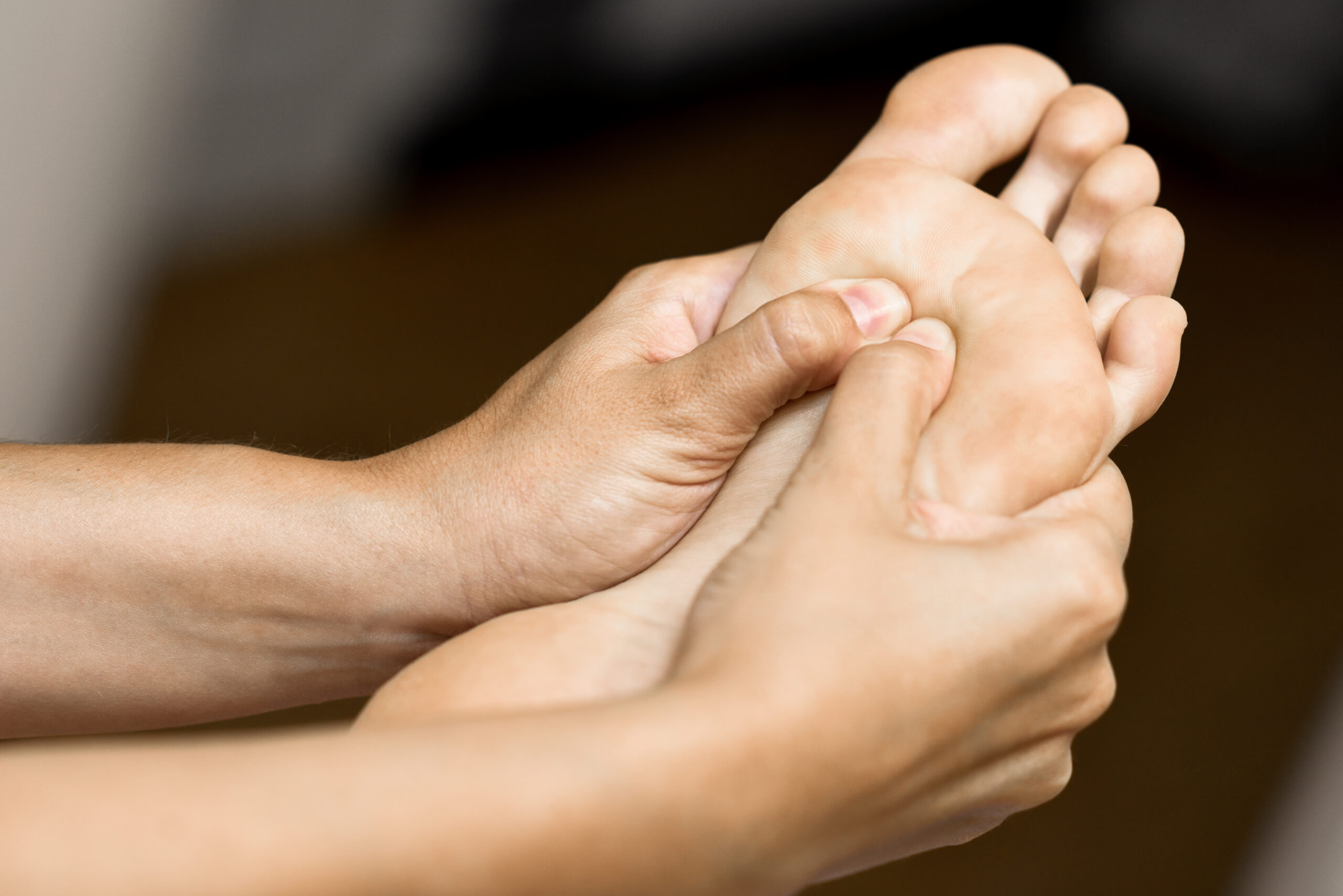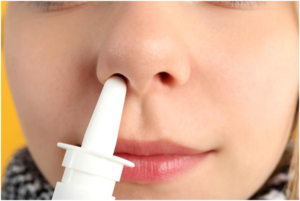For older adults, proper foot care becomes more important than ever, as they tend to be more prone to injuries, falls, and infections due to chronic diseases like Diabetes. Though being an essential part of one’s overall well-being, caring for one’s feet may often be neglected, and thereby, eventually affect mobility and overall quality of life.
However, it’s not too late to start picking up habits that can potentially help with keeping the feet safe and healthy. To help guide you, consider these tips for maintaining proper foot care:
1. Take Care of Your Soles
The feet may undergo significant physiological changes associated with ageing, including muscle tissue and nerve deterioration. As such, regular foot examinations are imperative to catch issues before they become severe. This is especially important if you have Diabetes.
Utilising a long-handled mirror, inspect your feet for cuts, blisters and abnormalities. By doing so daily, you can ensure early detection and management of potential foot problems.
2. Choose the Right Footwear
Choosing the correct footwear is more than a comfort issue; it’s a foot care essential. This is because putting on the proper footwear could very well help prevent potential injuries and falls.
Avoid footwear that causes rubbing, sliding, tightness or features slick soles, as these factors may lead to corns, calluses, and other injuries. However, if circumstances necessitate wearing shoes that cause corns and calluses, considering a corn removal solution is advisable, especially if you’re experiencing discomfort or soreness. Corn removal solutions, especially those with salicylic acid and lactic acid, may prove beneficial, as both ingredients are known to address soreness and aid with the removal of corn and calluses.
Additionally, consulting with a healthcare provider is particularly important if you have Diabetes or neuropathy to ensure that your footwear supports rather than impairs foot health. Properly chosen shoes, in these cases, can improve comfort, reduce the risk of foot problems, and enhance overall mobility.
3. Avoid Walking Barefoot
Contrary to some beliefs, walking barefoot is not recommended for older adults, especially those who are prone to Diabetic foot infections, as it exposes their feet to potential cuts, scrapes, and infections. Therefore, wearing appropriate footwear is essential, as it offers your feet the necessary protection both inside and outside the home. Moreover, it helps prevent injuries related to falls.
4. Keep Your Toenails in Good Shape
Proper toenail care is a vital foot care practice that prevents issues like ingrown toenails, which can lead to severe infections. To ensure your toenails remain in optimal condition, it is advisable to trim them straight across and avoid cutting them too short. If regular toenail care proves challenging, consulting a podiatrist for routine medical pedicures can provide professional assistance.
5. Address Fungal Infections Promptly
Fungal infections such as Athlete’s foot need prompt attention. If symptoms like itching or burning occur, especially in Diabetic individuals, a remedy you can consider for managing your symptoms is an antifungal cream. Specifically, creams with glycyrrhetinic acid could help with addressing symptoms such as inflammation, itching, and discomfort.
Learn more about managing symptoms of Athlete’s foot by checking out our comprehensive tips for addressing Athlete’s foot symptoms.

6. Visit a Podiatrist for Foot Checks
Regular visits to a podiatrist are key for maintaining foot health, especially for older adults. These specialists can provide comprehensive foot checks, identify issues early, and offer tailored advice on foot care practices suited to your specific needs. Podiatrists also play a significant role in managing chronic conditions like Diabetes, where foot health is paramount to prevent serious complications.
Whether it’s for routine maintenance, addressing foot ailments, or custom orthotics, a podiatrist can help you care for your feet and support your mobility and quality of life.
Overall, regular care, proper footwear, and professional advice are key to maintaining mobility and independence. Prioritise your foot health today to enjoy a more active and fulfilling lifestyle tomorrow. For more healthcare tips, check out our guide on how to manage body pain.





